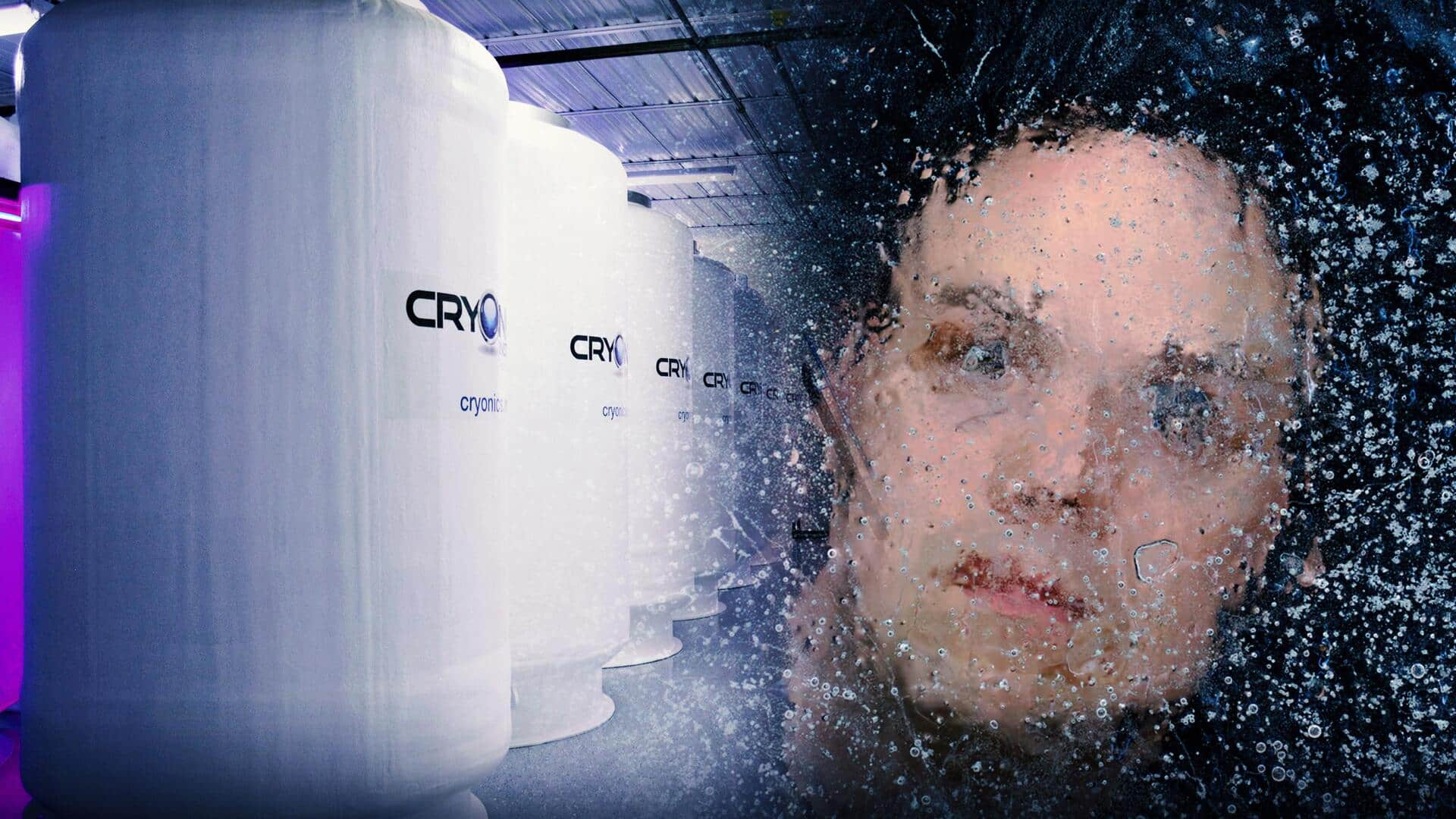
Rich people are freezing themselves; 230 already frozen! Here's why
What's the story
The rich from the US are freezing themselves to skip the present times and wake up a hundred or a thousand years later into the future.
Alcor Life Extension Foundation, a leading cryonics facility in the US, is offering this "futuristic" service, keeping these people frozen in shivery temperatures until future technologies bring them back to life!
The company currently has 1,400 members and approximately 230 people have already been preserved!
About
What is cryonics?
Cryonics is the process of freezing live cells, tissues, and biological materials at below-freezing temperatures to preserve them. Usually, the sample is stored at -196 degrees Celsius!
The foundation of cryonics is the belief that frozen, aged, and diseased persons may be restored and brought back to life by future technologies.
Fundamentally, cryonics is a way to "buy time" until science catches up and can fully repair the preserved human bodies.
Approximately 500 people globally have already undergone this procedure.
Reason
Why are the rich going for cryonics?
The wealthy are not only interested in preserving their bodies but also their wealth for potential future lives.
To achieve this, they are creating "revival trusts" with the help of estate lawyers like House.
These trusts function similarly to dynasty trusts used by the super-rich in the US to avoid federal tax when passing down wealth through generations, with the key difference being that revival trusts pass wealth down to oneself in a potential future life.
Cryonics pricing
Cryonics facilities and costs: A look inside
The cost of whole body cryopreservation at Alcor Life Extension Foundation is $220,000 (₹1,83,74,345) while neurocryopreservation - the process of freezing only the brain inside a severed head - is priced at $80,000 (₹66,81,580).
These figures indicate that this futuristic approach to life extension remains accessible primarily to the affluent.
Does it work?
Is cryonics scientific or another baseless fad?
Most people consider cryonics to be a fringe pseudoscience.
Members who used cryonics were rejected by the Society for Cryobiology, which said in a public statement that cryonics is "not science" and that it is a "personal choice" for individuals to choose the way they want to dispose of their bodies.
Scientists have said unequivocally that this is science fiction at this time.
Cryonics controversy
Legal and philosophical questions surrounding cryonics
The practice of cryonics or cryopreservation raises complex philosophical and legal questions about identity and death.
Key issues include whether a person is considered dead when cryonically preserved, and if they are legally the same person upon potential future revival.
House explains that from a legal standpoint, someone can't be a beneficiary of their own trust, but a revived individual in the future could potentially be one.
Outlook
An outlook on what Alcor is doing
The cryopreservation technique cannot be undone, and any potential cellular damage cannot be repaired, at least not with present medical knowledge.
Future developments in regenerative medicine and nanotechnology are what Alcor and its backers are counting on to enable a comeback.
Even if cryonic preservation could be feasible, many people doubt that it would ever be able to reverse the process and bring a deceased person back to life. Only time will tell!